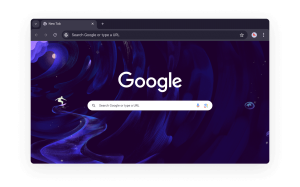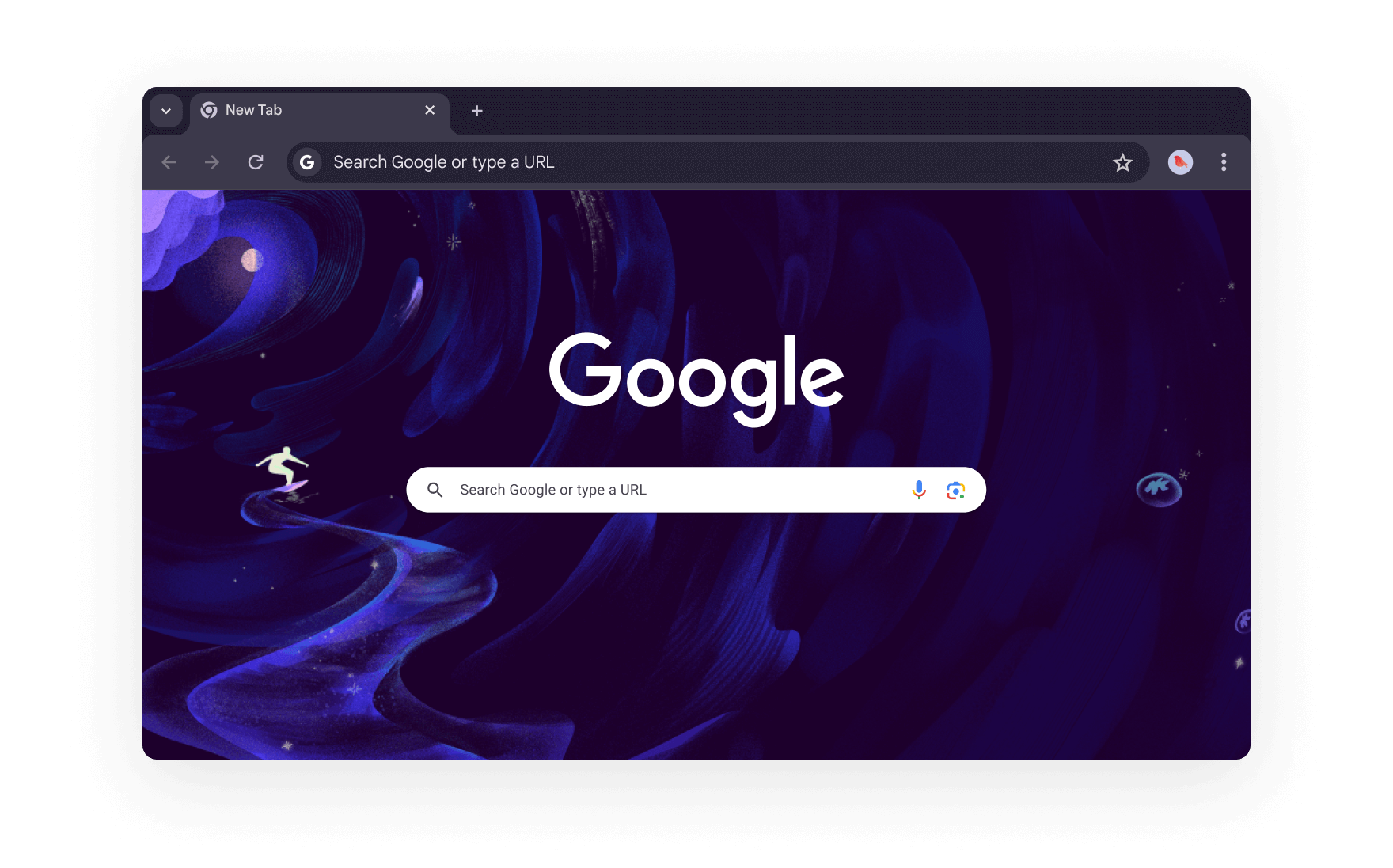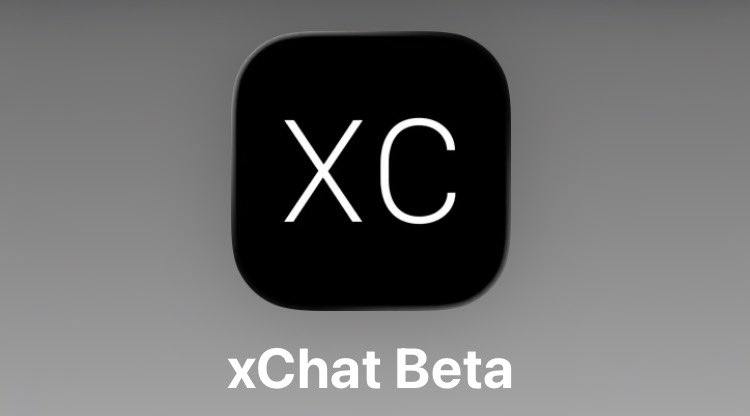
In a significant shift away from traditional, often prohibitive data licensing agreements, artificial intelligence laboratories are increasingly turning to a novel approach: sourcing invaluable industry knowledge directly from former senior employees of major corporations. This emerging strategy, spearheaded by companies like Mercor, seeks to circumvent the reluctance of established enterprises to share proprietary information, thereby accelerating the development of sophisticated AI models. The platform functions as a marketplace, bridging the gap between AI developers eager for specialized insights and experienced professionals willing to impart their expertise for a fee.
The AI Data Conundrum: A Quest for Nuance
The rapid advancement of artificial intelligence, particularly in areas like large language models (LLMs) and specialized AI agents, has created an insatiable demand for high-quality, domain-specific training data. While early AI development relied heavily on vast datasets of publicly available information or simple labeling tasks often outsourced to low-cost labor markets, the current frontier requires a deeper, more nuanced understanding of complex industries. AI systems aiming to automate tasks in finance, law, healthcare, or consulting need to grasp intricate workflows, implicit rules, and contextual knowledge that is rarely codified or openly accessible.
Historically, AI labs seeking this level of specialized data faced a dilemma. They could either attempt to negotiate expensive, time-consuming contracts with corporations, who are often wary of enabling technologies that could ultimately disrupt their own business models, or they could try to infer patterns from publicly available, but often incomplete or outdated, information. This created a significant bottleneck, hindering the progress of AI applications designed for high-value sectors. The challenge wasn’t just about volume; it was about precision, contextual relevance, and the kind of tacit knowledge that resides primarily within human experts.
Mercor’s Innovative Marketplace: Monetizing Tacit Knowledge
Mercor has positioned itself at the forefront of addressing this data scarcity by establishing a unique marketplace that connects former employees of leading investment banks, consulting firms, and law practices with AI labs. Brendan Foody, the 22-year-old co-founder and CEO of Mercor, highlighted this trend at a recent TechCrunch Disrupt event, noting that established players like Goldman Sachs are understandably hesitant to provide data that could empower AI to automate their core value chains. This inherent conflict of interest creates a fertile ground for Mercor’s model.
The startup’s offering is straightforward: it compensates industry veterans, sometimes up to $200 per hour, for contributing their expertise. This typically involves filling out detailed forms, writing reports, or participating in structured data collection exercises designed to distill their professional understanding into a format usable for AI training. Mercor boasts a rapidly expanding network of tens of thousands of contractors, reportedly distributing over $1.5 million in payments daily. Despite these significant payouts, the company maintains profitability, a testament to the high premium AI labs are willing to pay for this specialized and otherwise inaccessible knowledge.
The financial trajectory of Mercor underscores the acute market demand. In under three years since its inception, the company has achieved an annualized recurring revenue (ARR) of approximately $500 million. This rapid growth culminated in a recent Series C funding round, which valued the startup at an impressive $10 billion, with $350 million in new capital. This meteoric rise positions Mercor as a pivotal player in the evolving landscape of AI data acquisition.
Navigating the Ethical Minefield: Knowledge vs. Corporate IP
Mercor’s model, while innovative, operates in a legally and ethically complex space. The core tension lies in the distinction between an individual’s personal knowledge and a corporation’s proprietary information or trade secrets. Foody asserts that the knowledge an employee accumulates over their career belongs to the individual, a stance that often contrasts sharply with the views of many corporate entities, particularly those in highly competitive, knowledge-intensive industries.
The specter of corporate espionage looms large over such operations. Mercor explicitly states its efforts to prevent contractors from illegally sharing proprietary information, instructing them not to upload documents from their former workplaces. However, Foody acknowledges the practical difficulties of policing a vast, decentralized workforce, conceding that "there are things that happen" given the scale of their operations. This transparency hints at the inherent challenges in fully safeguarding intellectual property when dealing with individual contributors.
Further blurring the lines, some of Mercor’s job postings have sought individuals who "can authorize access to a substantial, production codebase" for AI evaluations or model training. While Mercor clarifies that a few startup CTOs have taken up this offer, declining to provide specifics, such requests raise questions about the extent to which the company might facilitate access to actual corporate assets, even with authorization. The nuanced interpretation of what constitutes "knowledge in one’s head" versus "company data" will likely remain a contentious issue as Mercor’s influence grows.
Reshaping the Professional Landscape: A New Gig Economy for Experts
Mercor’s emergence signals a significant cultural and economic shift, potentially creating a new paradigm for high-skill labor akin to how platforms like Uber revolutionized personal transportation. This "expert gig economy" offers seasoned professionals a novel avenue to monetize their accumulated wisdom outside traditional employment structures. For individuals, it presents opportunities for flexible work, supplementary income, or even a primary career path in retirement or between full-time roles.
The impact on traditional knowledge-based industries is profound. Established firms in finance, consulting, and law have historically relied on their proprietary knowledge, specialized processes, and expert talent as competitive advantages. Mercor’s platform effectively "democratizes" access to this expertise, potentially eroding the informational moats that protect these incumbents. Foody openly acknowledges that this process exposes a market "inefficiency," although he refrains from labeling it a "loophole."
Reactions from the corporate world are bifurcated. Some forward-thinking companies are reportedly embracing this "new future of work," recognizing the inevitability of rapid technological change and seeking ways to adapt. Others, however, are described as fearful, concerned about being disintermediated as AI labs gain direct access to the insights that once defined their competitive edge. Foody, with a clear conviction, believes that the former category will ultimately prove to be "on the right side of history." This shift could compel traditional firms to re-evaluate their value propositions, potentially moving towards more strategic, high-level advisory roles that AI cannot yet replicate.
Competitive Dynamics and Market Evolution
Mercor’s success is not isolated but part of a broader evolution within the AI data industry. Early in the AI boom, companies like Scale AI primarily focused on acquiring and labeling vast quantities of relatively straightforward data, often utilizing large workforces in developing nations. However, as AI models grew more sophisticated, the demand for expert-level annotation and highly contextualized data surged. Mercor was among the first to pivot towards recruiting highly skilled knowledge workers in developed economies, paying them premium rates for their specialized contributions.
This strategic move has forced competitors, including industry giants like Scale AI and Surge, to follow suit. These companies, initially focused on lower-skilled data tasks, have now also begun to recruit experts and develop "environments" for training AI agents to perform complex, real-world tasks. The market is increasingly recognizing that the quality and specificity of training data are paramount for developing truly intelligent and capable AI systems.
Mercor has also strategically benefited from shifts in the competitive landscape. For instance, several prominent AI labs reportedly ceased working with Scale AI after a significant investment from Meta and the subsequent hiring of Scale AI’s CEO, creating an opportunity for Mercor to gain market share. While Mercor has quintupled its valuation in the past year, it remains smaller than both Surge and Scale AI, both of which are valued upwards of $20 billion, indicating ample room for continued growth and competition within this burgeoning sector.
The Future Vision and Potential Pitfalls
Looking ahead, Mercor plans to expand its partnerships beyond AI labs, aiming to collaborate with companies in various industries like law, finance, and medicine. The goal is to assist these businesses in leveraging their internal data to train proprietary AI agents, potentially offering a pathway for incumbents to integrate AI without fear of wholesale disintermediation.
Foody’s vision for the future is ambitious, predicting a radical transformation of the global economy. He boldly states that "ChatGPT will be better than the best consulting firm, better than the best investment bank, and better than the best law firm," ultimately fostering a state of "abundance for everyone." While this utopian outlook resonates with many AI enthusiasts, the journey to such a future is fraught with challenges.
Potential pitfalls for Mercor and the broader industry include increased regulatory scrutiny regarding data ownership and intellectual property, pushback from powerful incumbent industries, and the ongoing ethical complexities of ensuring responsible AI development. The concept of an AI model trained on the collective "knowledge" of an industry, potentially without the explicit consent or even awareness of the original knowledge creators’ employers, raises profound questions that society and legal frameworks are only beginning to address. Mercor’s trajectory will undoubtedly serve as a critical case study in how human expertise is harnessed and redefined in the age of artificial intelligence.







